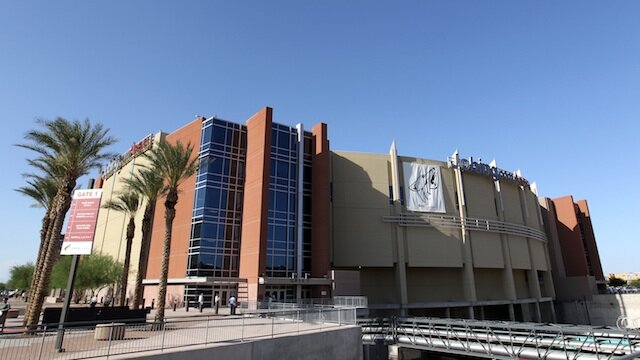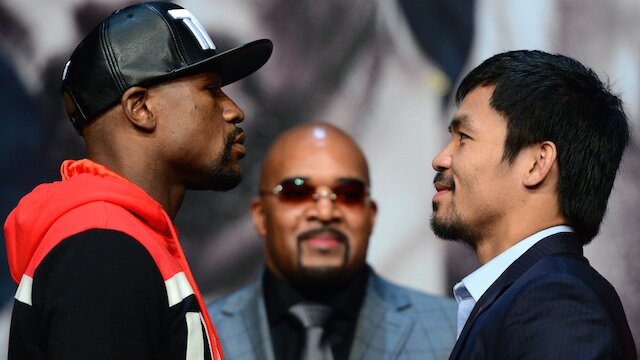
The time is now to adopt the world’s largest sport in the Valley of the Sun and produce Arizona’s first Major League Soccer franchise. With the Arizona Coyotes likely out of Glendale, the city needs a way to compensate for the millions of dollars they’ll eventually lose in giving hockey the boot. There’s a nice, big stadium that is about be vacant besides various concerts throughout the year, but that’s simply not enough to generate successful revenue for the already financially unstable city.
Quite frankly, Glendale can’t survive on the Arizona Cardinals alone. A few scattered Super Bowls, College Football Playoffs and Aerosmith can only provide so much support. Gila River Arena needs to be full for the city to thrive.
For as long as anyone can remember, soccer has been the world’s largest sport. There’s no arguing that its fans are passionate. Back in 1969, Honduras and El Salvador reached a breaking point over the 1970 World Cup qualifier, eventually leading to the 100 Hour War, or the “Football War.” That’s pretty extreme passion. And don’t even think about wearing the wrong jersey in various English pubs.
As of right now, it is estimated that whites will be the minority in the United States by the year 2044. To further that, Hispanics are estimated to be the largest ethnic group. Already, Glendale has an Hispanic population above 30 percent. Last time the United States faced Mexico in University of Phoenix Stadium (home of the Cardinals in Glendale), 60,000 screaming fans packed into the arena wearing various combinations of red, white, blue and green.
The thing with soccer fans is that they are loyal. Brazilians have even described soccer as their secular religion. Beginning back in the mid-19th century in England and other European countries, soccer spread along with nations’ imperialistic activities. Considering how cheap and simple it is to play, soccer spread like wildfire. It became engrained in cultures. In places like Brazil, Uruguay and Argentina, styles of play are said to reflect trade and immigration histories.
Sports are a culture and can be a highly profitable one when utilized correctly. Apparently, hockey wasn’t getting it done in Glendale. Perhaps it’s the location, but football fans don’t seem to mind. Glendale and the Coyotes have bumped heads for what feels like forever. Maybe it’s time for a fresh start that can embrace the diverse culture of the city.
 Share
Share 










